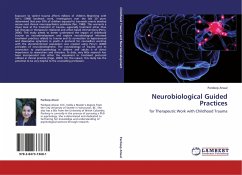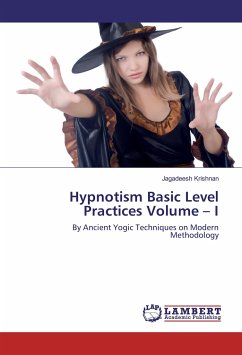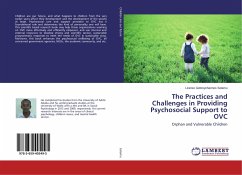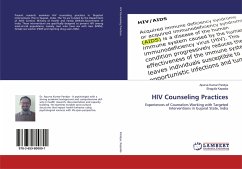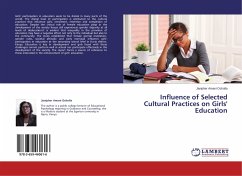Exposure to violent trauma affects millions of children. Beginning with Terr s (1988) landmark work, investigators over the last 20 years determined that over 30% of children exposed to traumatic events develop serious and chronic neuropsychiatric problems (Terr, 1988). This warrants a closer look at the treatment of trauma especially treatment other than talk therapy or therapeutic relational and affect based interventions (Perry, 2006). This study aimed to better understand the impact of childhood trauma on neurodevelopment and explore neurobiological informed treatment practices related to trauma and its connection to hyperarousal and dissociative symptoms in youth. A protocol for counsellors working with the aforementioned population was created using Perry s (2006) principles of neurodevelopment. The neurobiology of trauma and its connection to psychopathology in children and adults is of direct importance to researchers and clinicians. To date, very little research has beenincorporated into either the assessment or treatment protocols utilized in clinical practice (Fago, 2003). For this reason, this study has the potential to be very helpful to the counselling profession.
Bitte wählen Sie Ihr Anliegen aus.
Rechnungen
Retourenschein anfordern
Bestellstatus
Storno

